The biology major and environmental studies minor cataloged hundreds of microorganisms present on the surfaces of whales and corals for her thesis research.
-

-
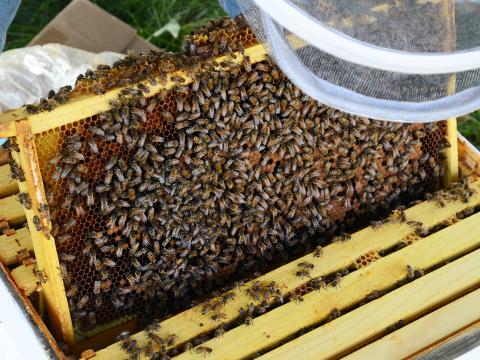
The chemistry major and environmental studies minor used untargeted chemical analysis to study honeybee health.
-

The Health Studies Program offers this introduction to statistical reasoning and application specifically for students interested in the health professions.
-

A biology course examining issues of human origins and migrations, diversity, and the relationship between different populations and ethnic groups.
-
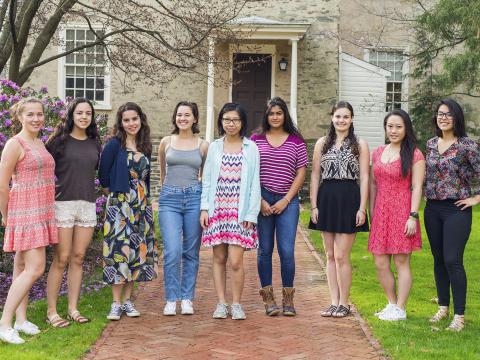
The club empowers all women interested in science, technology, engineering, and mathematics at Haverford by creating solidarity among them and providing them with a support network.
-

This health studies course explores the biological basis for, discoveries behind, and dissemination of medical advances that profoundly influence the quality of life, including antibiotics, anesthetics, HAART therapy, immunotherapy, stem cells and gene editing.
-
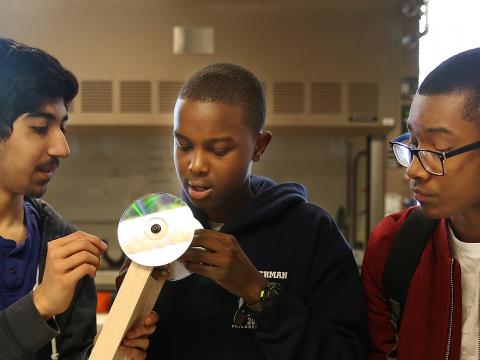
The College’s long-running Mentoring and Student Teaching program, which welcomed its newest class in January, gives Haverford students the opportunity to tutor local secondary school students in science and writing, creating a relaxed environment where learning is a mutual experience.
-

This chemistry course, intended for non-science majors, explores the underlying physical processes that are involved in the production of light and the ways in which its interaction with matter leads to the colors we see in the objects that make up the world around us.
-

This chemistry course aims to understand the chemistry of lead, including as a public health effects of it as a toxin in the water, soil, and paint of our made environment.
-

Matthew Abruzzo's summer research at Cornell University contributed to a publication on fast radio bursts from beyond the Milky Way galaxy.
-
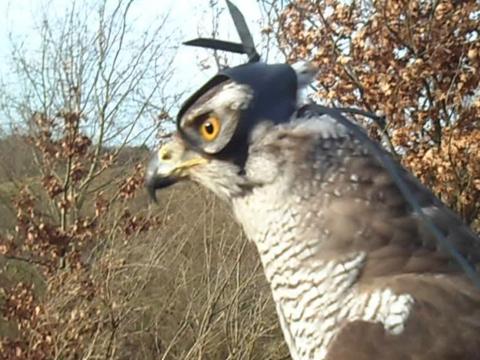
Professor of Physics Suzanne Amador Kane used a headcam on a goshawk to learn how it searches for its prey.
-
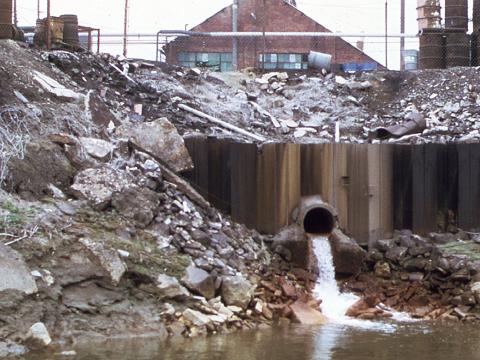
This introductory course in environmental studies is team taught by faculty from different disciplines and uses case studies as the basis for its exploration of contemporary and historical environmental issues.
-
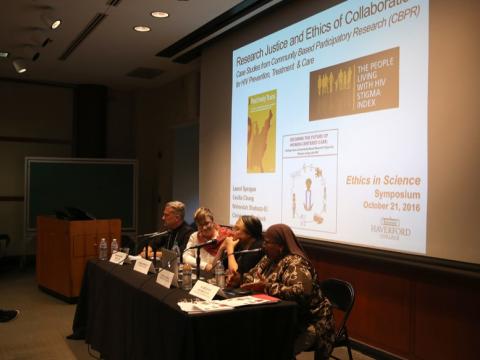
A recent symposium brought together experts and academics from around the globe to unpack issues related to the the increasingly important intersection of science and ethics: a photo gallery.
-
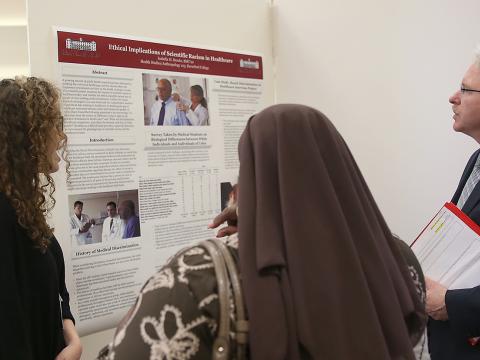
More than 150 Haverford students, alumni, and staff attended the two-day symposium, which was supported by Haverford’s Initiative in Ethical Engagement and Leadership.
-
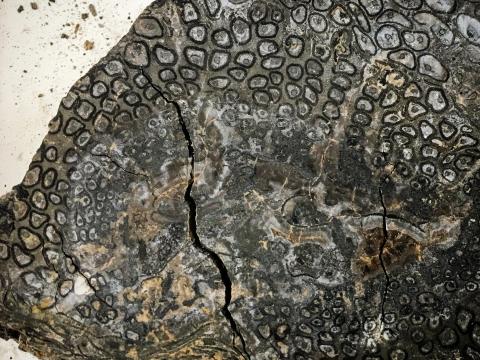
As part of an interdisciplinary, multi-institutional team, the assistant professor of biology published a paper in Nature Geoscience about the implications of the ancient CO2 record for future climate change.